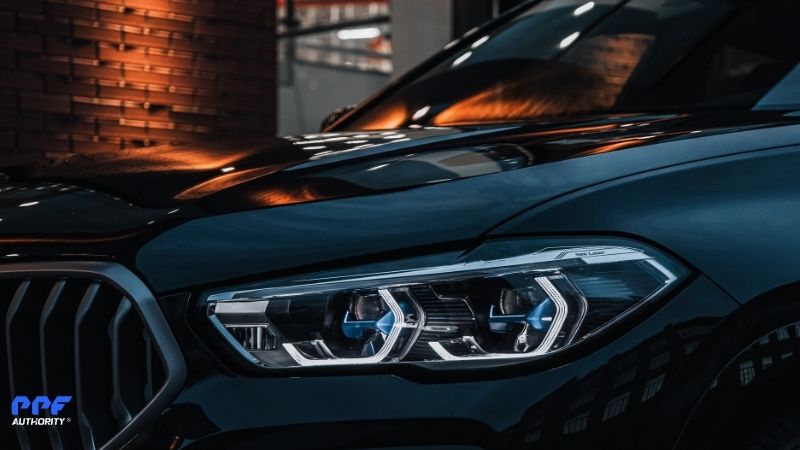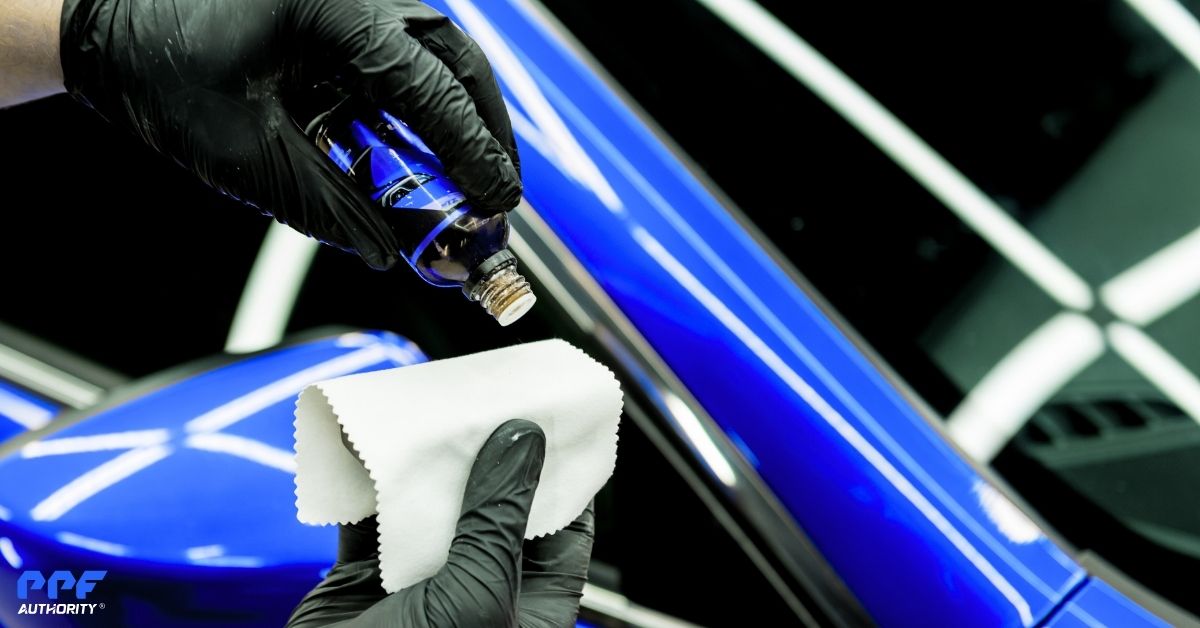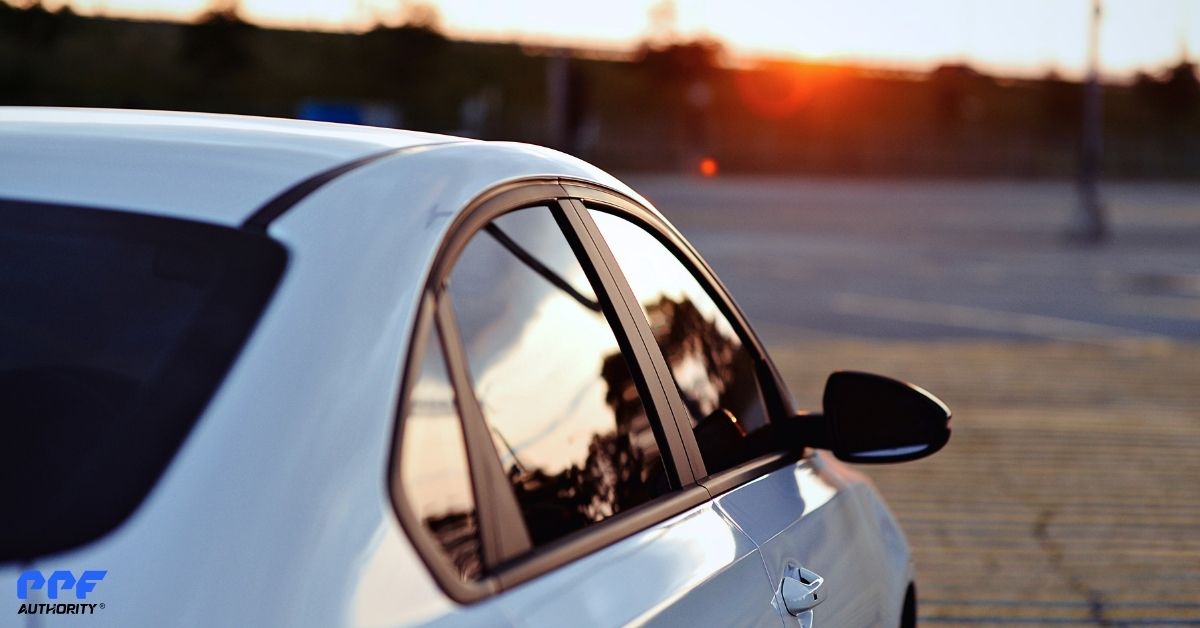Introduction
Ceramic coatings are widely celebrated for their ability to protect your car’s paint, enhance gloss, and provide long-lasting hydrophobic properties. However, the debate between DIY application and professional installation is a critical decision for car owners. While DIY kits are more affordable and readily available, professional application offers a level of precision and durability that’s difficult to replicate at home.
In this article, we’ll compare DIY and professional ceramic coating applications and explain why entrusting a professional is often the smarter choice for achieving optimal results.
Understanding DIY Ceramic Coatings
DIY ceramic coating kits are marketed as budget-friendly solutions for car enthusiasts who want to apply a protective layer themselves. These kits typically include:
- A bottle of ceramic coating product.
- An applicator pad or sponge.
- Instructions for application.
While DIY kits allow car owners to enjoy some benefits of ceramic coatings, their effectiveness depends heavily on the user’s skill, preparation, and understanding of the process.
Advantages of DIY Ceramic Coating
1. Cost Savings
- DIY kits are affordable, typically ranging from $50 to $300.
- No labor costs are involved since you’re doing the work yourself.
2. Convenience
- DIY kits are readily available online or at automotive stores.
- You can apply the coating on your own schedule without needing to book an appointment.
3. Satisfaction of Doing It Yourself
Completing the process yourself can be rewarding, especially for car enthusiasts who enjoy hands-on projects.
Drawbacks of DIY Ceramic Coating
1. Lack of Professional Tools and Techniques
- Proper application requires tools like dual-action polishers, infrared curing lamps, and professional-grade lights to detect imperfections.
- DIY kits often lack the advanced formulations of professional coatings, leading to shorter durability (typically 1–2 years).
2. Time-Consuming Process
- Applying ceramic coating involves multiple steps, including washing, clay barring, paint correction, and applying the coating.
- For first-timers, this can take 8–12 hours or more.
3. Risk of Errors
- Uneven application can result in high spots, streaks, or hazy patches that are difficult to fix.
- Inadequate surface preparation (e.g., skipping paint correction) can lead to poor bonding and reduced effectiveness.
4. No Warranty
DIY coatings typically don’t come with warranties, leaving you responsible for fixing mistakes or reapplying the coating.
Professional Ceramic Coating Application
Professional ceramic coating services are performed by certified detailers who use advanced tools, techniques, and high-quality products to deliver flawless results. These services include:
- Thorough paint preparation (e.g., washing, decontamination, paint correction).
- Application of professional-grade coatings with longer durability (up to 10 years).
- Curing with specialized equipment like infrared lamps.
Advantages of Professional Ceramic Coating
1. Expert Surface Preparation
- Proper preparation is critical: Professionals decontaminate, clay bar, and perform paint correction to eliminate scratches, swirl marks, and oxidation.
- DIY users often skip or inadequately perform these steps, leading to subpar results.
2. Access to Professional-Grade Products
Professional detailers use high-quality ceramic coatings that are not typically available to consumers. These coatings:
- Offer longer durability (5–10 years).
- Provide superior hydrophobic properties, UV resistance, and chemical protection.
3. Flawless Application
- Certified installers have the training and experience to apply the coating evenly, ensuring no high spots, streaks, or missed areas.
- They work in controlled environments (e.g., dust-free, temperature-controlled spaces) to avoid contamination during the process.
4. Time Savings
While DIY applications can take an entire weekend, professionals complete the process efficiently, often within 1–2 days.
5. Warranty and Peace of Mind
- Many professional-grade ceramic coatings come with warranties ranging from 3 to 10 years.
- If issues arise (e.g., high spots or peeling), the detailer will address them under the warranty terms.
6. Curing with Advanced Equipment
Professionals use infrared curing lamps to expedite the curing process, ensuring the coating achieves maximum hardness and durability.
Drawbacks of Professional Ceramic Coating
1. Higher Cost
Professional services range from $500 to $2,500, depending on the coating, car size, and level of preparation required.
2. Scheduling
You’ll need to book an appointment, which may involve waiting if the detailer is in high demand.
DIY vs. Professional Ceramic Coating: A Cost-Benefit Analysis
| Category | DIY Ceramic Coating | Professional Ceramic Coating |
| Cost | $50–$300 | $500–$2,500 |
| Durability | 1–2 years | 5–10 years |
| Ease of Application | Time-consuming and requires skill | Efficient and handled by experts |
| Surface Preparation | Limited by user knowledge and tools | Thorough, including paint correction |
| Aesthetic Results | Risk of streaks, high spots, or uneven coverage | Flawless, professional-grade finish |
| Warranty | None | Typically 3–10 years |
| Access to Products | Consumer-grade coatings | High-quality, professional-only products |
Why Professional Application Is Worth It
While the upfront cost of professional ceramic coating may seem high, the long-term benefits far outweigh the investment:
1. Superior Protection
- Professional coatings last up to a decade, providing unmatched protection against UV rays, chemicals, and environmental contaminants.
- In contrast, DIY coatings often require reapplication within 1–2 years, increasing costs and labor over time.
2. Guaranteed Results
- With a professional application, you’re assured of a flawless finish backed by warranties.
- DIY applications come with the risk of mistakes that may require costly paint correction to fix.
3. Time and Effort Saved
Professional detailers handle the entire process, freeing you from the time-intensive work of preparation, application, and curing.
4. Enhanced Aesthetics
Professionals use advanced tools and techniques to enhance the depth, gloss, and clarity of your car’s paint, delivering a showroom-quality finish.
When to Choose DIY Ceramic Coating
DIY ceramic coating may be suitable if:
- You have experience with detailing and understand proper preparation techniques.
- You’re working within a tight budget.
- You’re coating a vehicle that doesn’t require long-term protection, such as a weekend car.
Conclusion
While DIY ceramic coatings can be an affordable option for car enthusiasts, they come with significant risks and limitations, including shorter durability, time-consuming application, and potential errors. Professional ceramic coating applications, though more expensive, deliver unmatched protection, longevity, and aesthetics.


